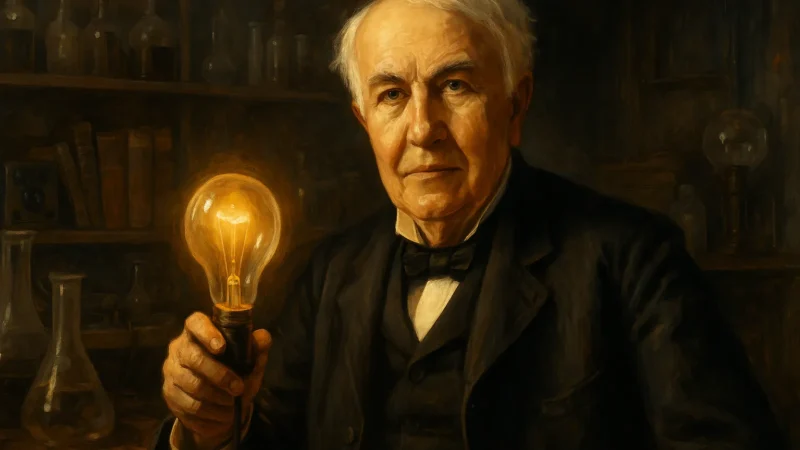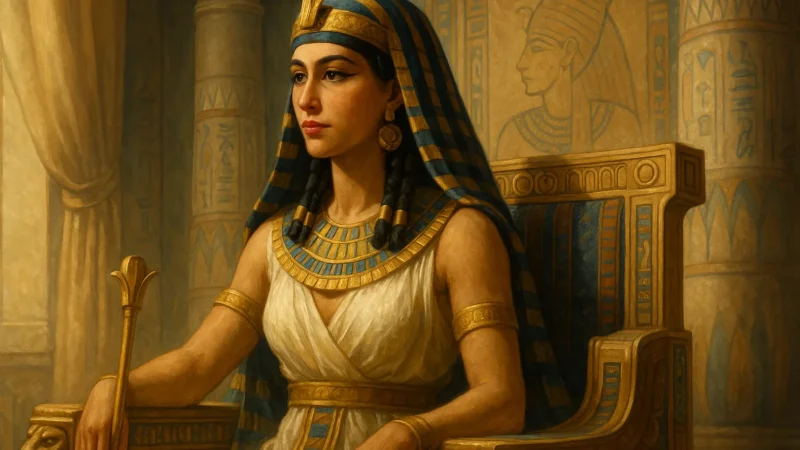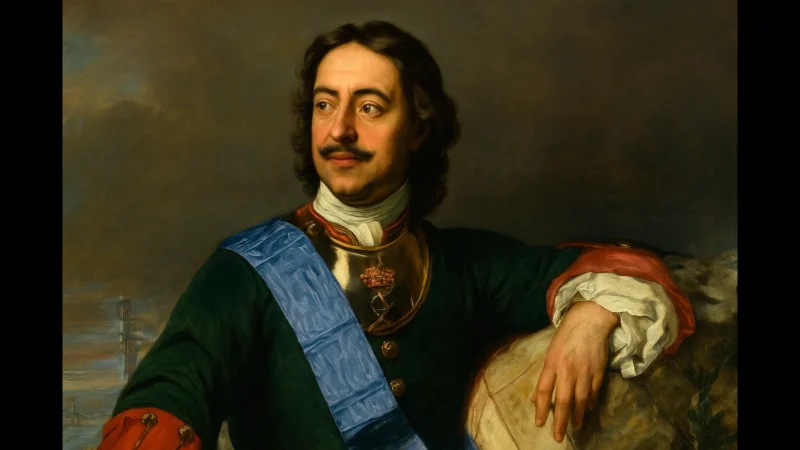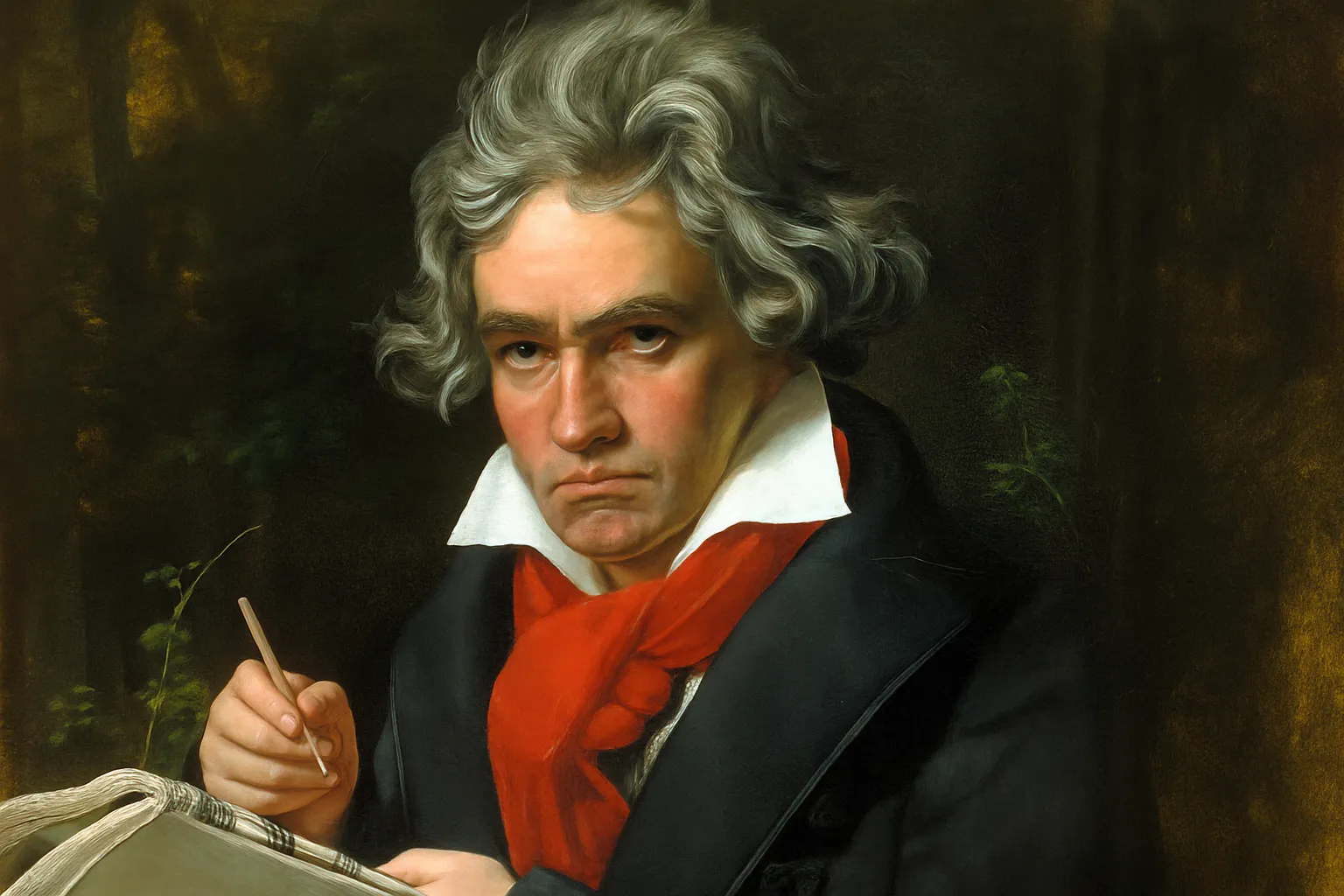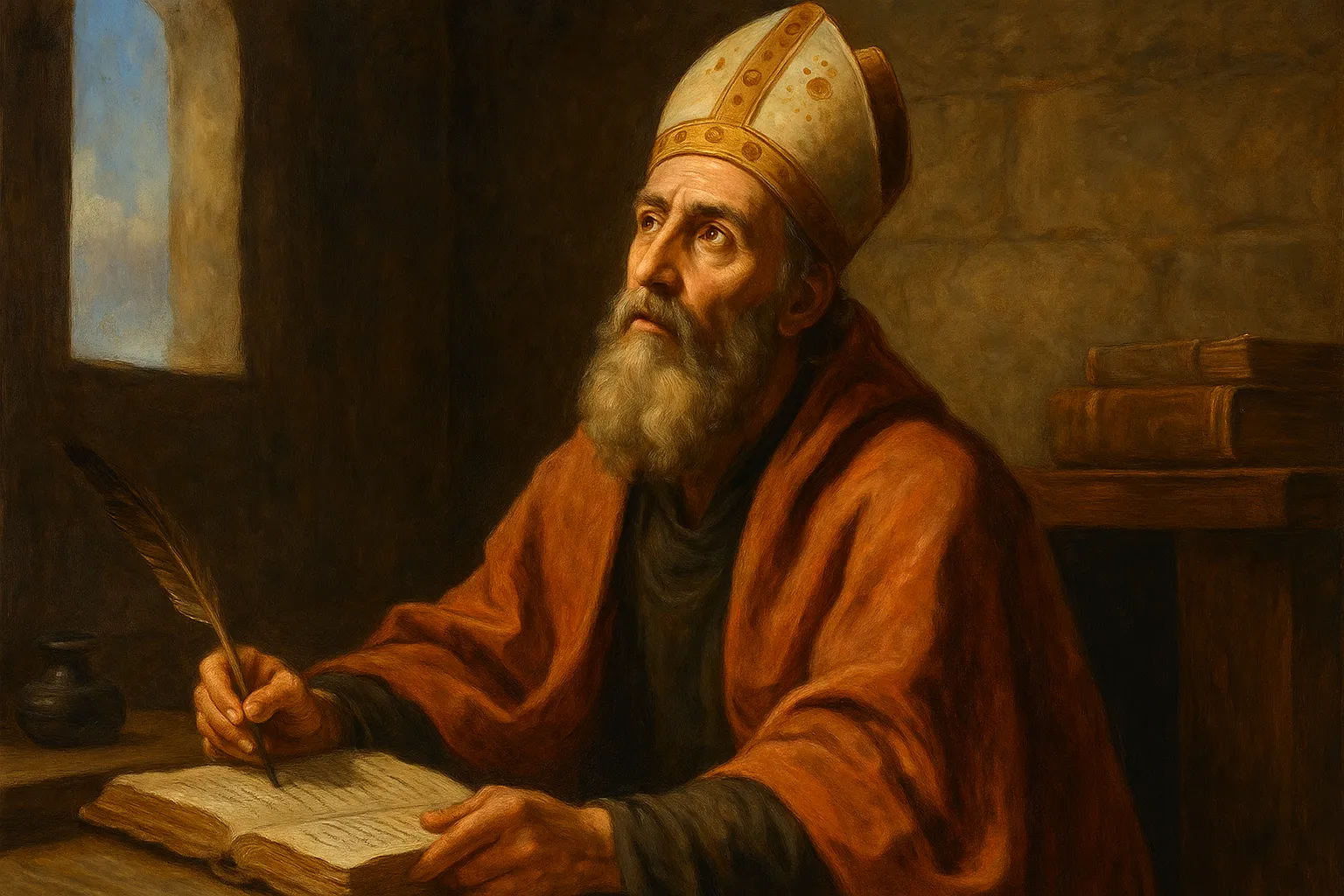Biography of William Shakespeare: The immortal genius of English theater
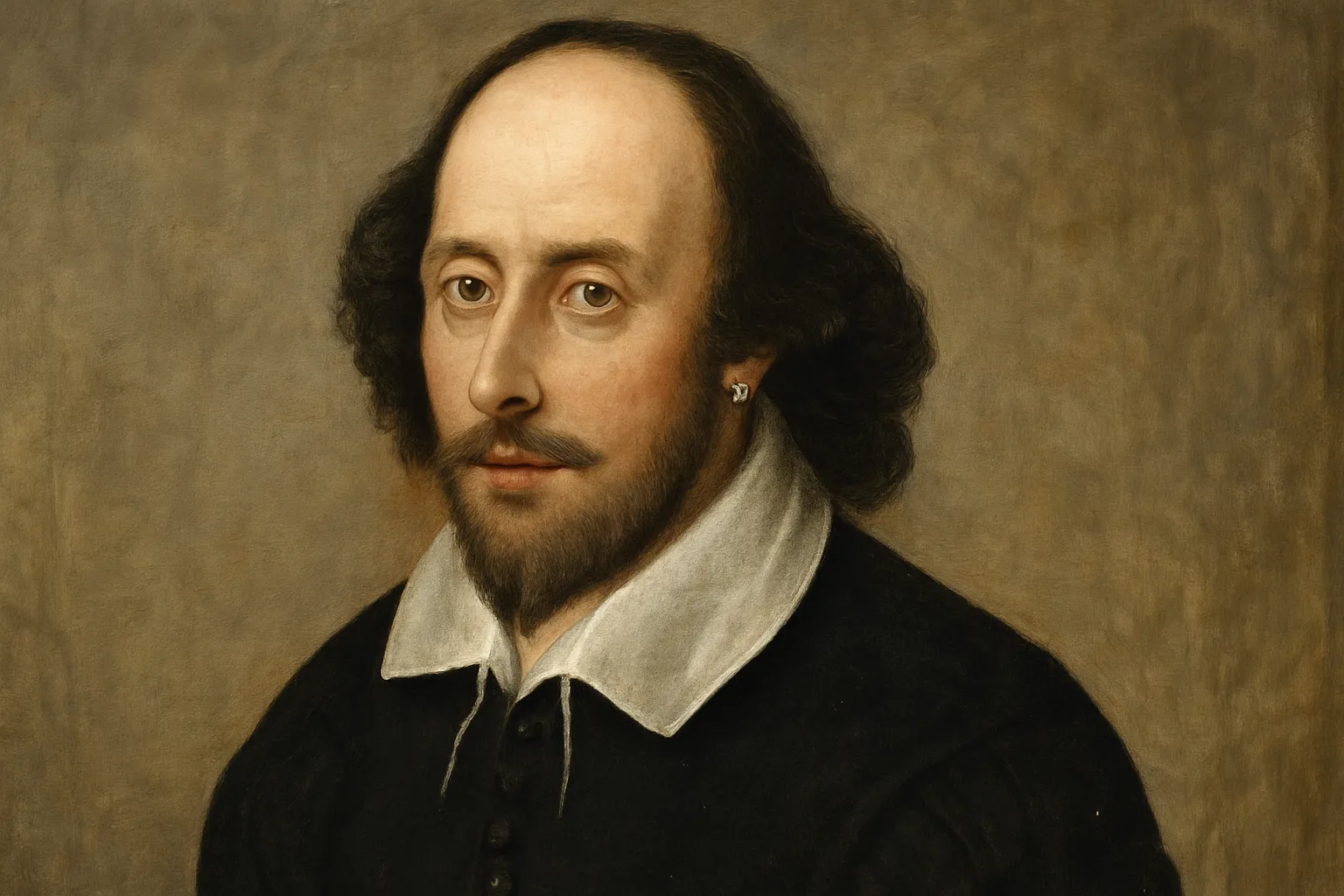
William Shakespeare is widely regarded as the greatest playwright in history, but his contributions extend far beyond the stage. He transformed the English language, reshaped literature, and redefined what it means to be human through drama. Over four centuries later, his influence remains unmatched. This biography explores the life, work, and enduring legacy of the man known as the Bard of Avon, whose writing forever changed the world of literature and theatre.
Childhood and Origins in Stratford-upon-Avon (1564–1582)
William Shakespeare was born on April 23, 1564, in Stratford-upon-Avon, England. He was the third of eight children in a family of respectable status. His father, John Shakespeare, was a successful glove maker and town official, while his mother, Mary Arden, came from a family of landed gentry.
Shakespeare likely attended the King’s New School in Stratford, where he studied Latin, rhetoric, and classical literature. Though he never went to university, his education laid a strong foundation for his literary achievements.
In 1582, at the age of 18, he married Anne Hathaway, who was 26. They had three children: Susanna, and twins Hamnet and Judith. The death of Hamnet at age 11 would later echo in Shakespeare’s more tragic works.
The Lost Years and Move to London (1585–1592)
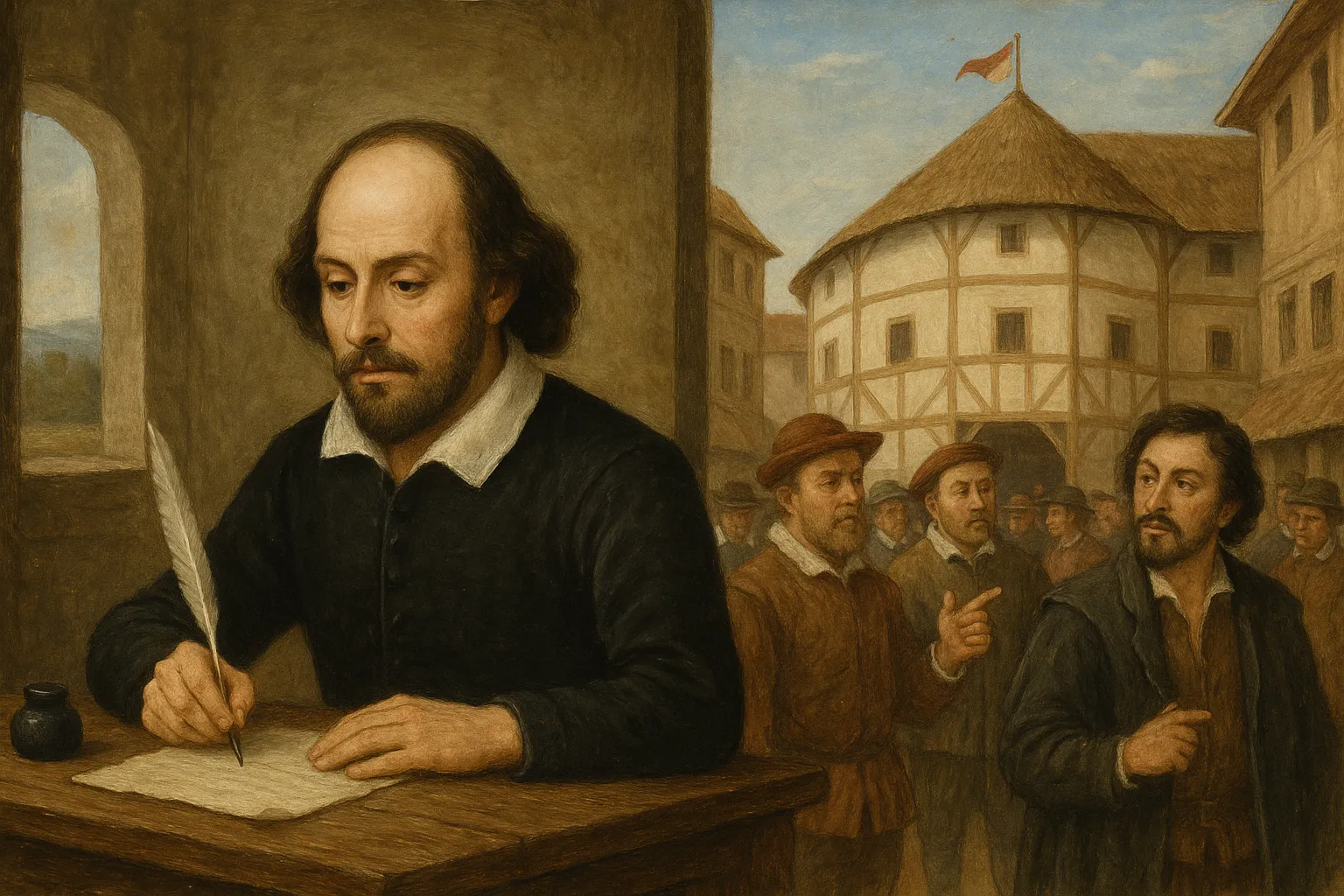
The years between 1585 and 1592 are known as Shakespeare’s “lost years”—a period with little documentation. Scholars have speculated that he may have worked as a teacher, actor, or apprentice during this time.
By 1592, Shakespeare had surfaced in London’s theatre scene, already attracting attention. Playwright Robert Greene criticized him as an “upstart crow,” marking the first recorded reference to Shakespeare as a dramatist. Ironically, this insult acknowledged his growing success.
The Plague and Early Literary Success (1592–1594)
When plague outbreaks forced theatres to close, Shakespeare turned to poetry. He published two narrative poems:
-
“Venus and Adonis” (1593)
-
“The Rape of Lucrece” (1594)
Both were dedicated to Henry Wriothesley, the Earl of Southampton, and became immensely popular, boosting Shakespeare’s literary reputation.
He also joined the Lord Chamberlain’s Men, a prominent theatre company. Under King James I, the company would later become the King’s Men, ensuring Shakespeare financial security and royal patronage.
Dramatic Rise (1595–1601)
Between 1595 and 1601, Shakespeare wrote some of his most beloved plays, blending romance, humor, and historical commentary:
-
Romeo and Juliet
-
A Midsummer Night’s Dream
-
Richard III
-
The Merchant of Venice
-
Much Ado About Nothing
These works cemented his status as both a master entertainer and a cultural philosopher, reflecting on themes such as justice, love, deception, and power within Elizabethan society.
The Globe Theatre and Peak Tragedies (1599–1608)
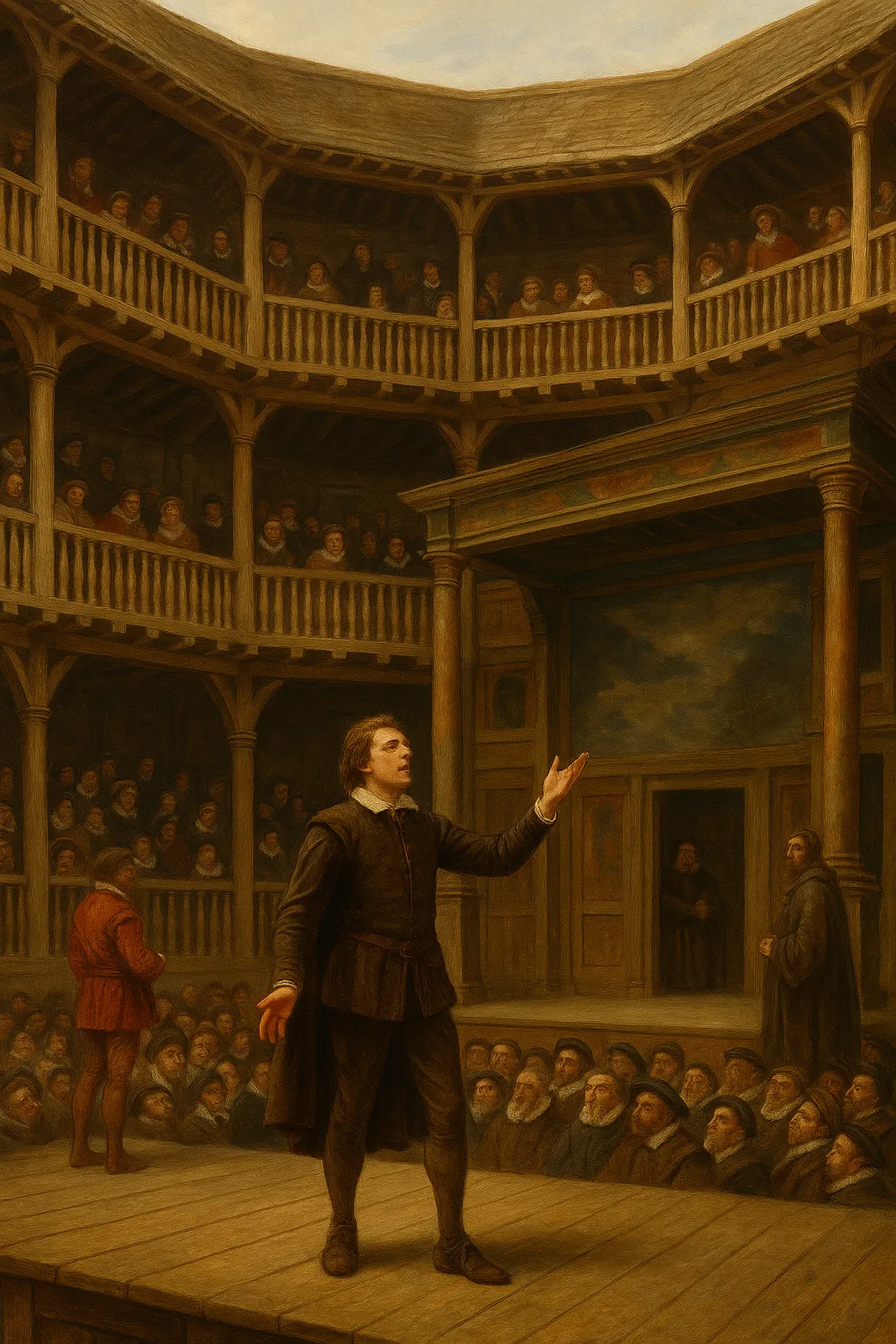
In 1599, Shakespeare and his partners built the Globe Theatre in Southwark, London. It became the stage for many of his greatest works and a cultural epicenter of English drama.
During this period, he wrote his major tragedies:
-
Hamlet (1600)
-
Othello (1603)
-
Macbeth (1606)
-
King Lear (1605)
These plays showcased psychological depth, moral complexity, and poetic brilliance, reflecting a darker, more introspective phase in Shakespeare’s writing. The characters from these works remain some of the most iconic in world literature.
Later Works and Final Plays (1608–1613)
In his final years as a playwright, Shakespeare turned to romance and redemption, creating hybrid plays often called the “late romances”:
-
Cymbeline
-
The Winter’s Tale
-
The Tempest
These stories blend fantasy, forgiveness, and moral resolution. Shakespeare also began collaborating with younger playwrights like John Fletcher, co-authoring plays such as Henry VIII and The Two Noble Kinsmen.
Retirement and Death (1613–1616)
Shakespeare retired to Stratford-upon-Avon in 1613 after a successful career in London. He had amassed considerable wealth, purchasing New Place, a prestigious home in his hometown.
He died on April 23, 1616, at the age of 52, and was buried at Holy Trinity Church in Stratford. His epitaph, supposedly written by him, warns against moving his bones—a line that has protected his grave for centuries.
The First Folio and Canon
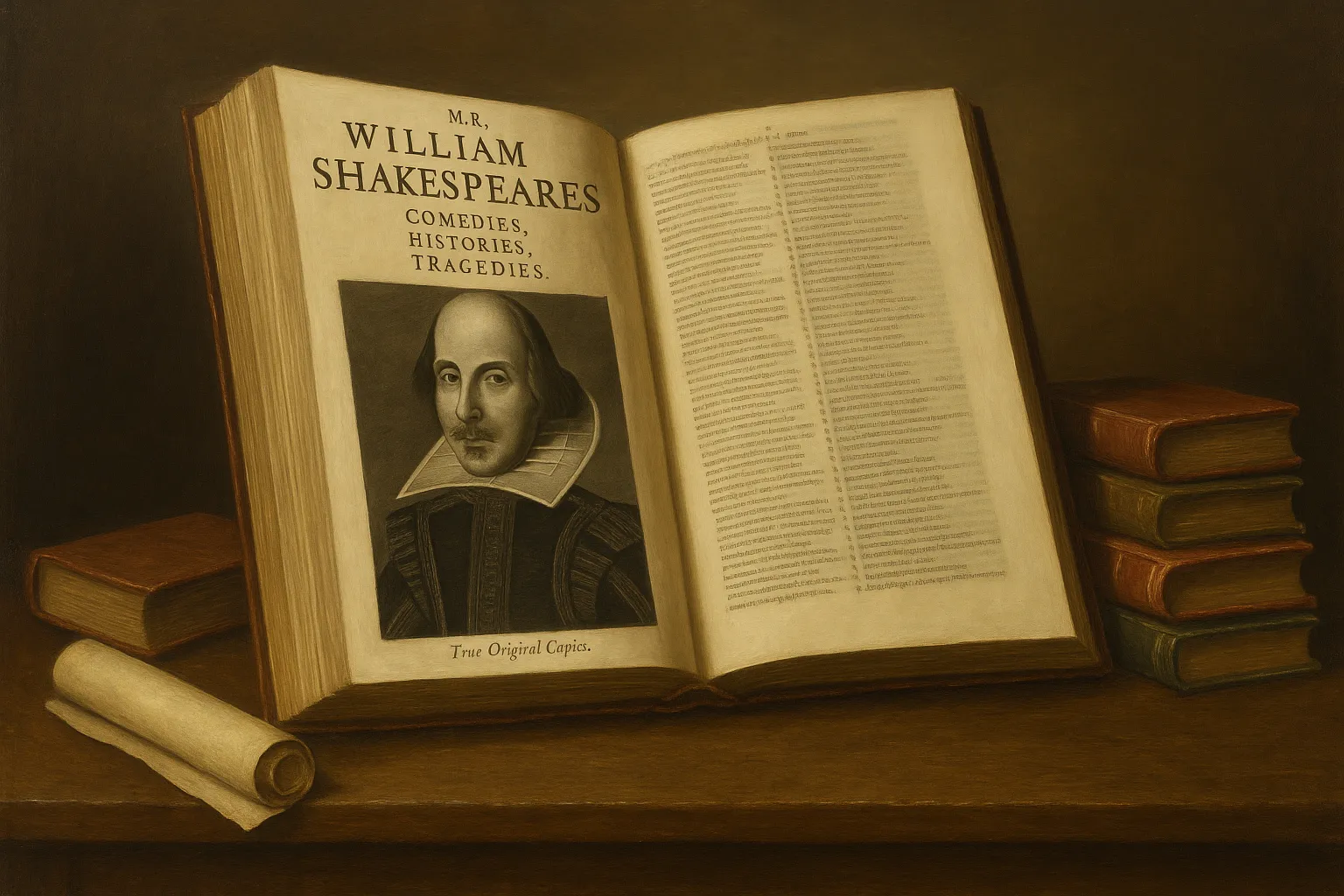
In 1623, seven years after his death, two colleagues—John Heminges and Henry Condell—published the First Folio, a collected edition of 36 of his plays.
Today, the Shakespearean canon includes:
-
37 plays
-
154 sonnets
-
Two narrative poems
-
Various apocryphal works
Without the First Folio, many of his greatest works—including Macbeth and Julius Caesar—might have been lost forever.
Shakespeare and the English Language
Shakespeare is credited with introducing over 1,700 words into English and coining countless phrases still in use:
-
“Break the ice”
-
“Wild-goose chase”
-
“In a pickle”
-
“Wear one’s heart on one’s sleeve”
He revolutionized the use of blank verse, transforming dramatic dialogue into poetic expression and expanding the expressive potential of English as a literary language.
Timeless Themes and Characters
What makes Shakespeare enduringly relevant is his exploration of universal themes—love, ambition, jealousy, revenge, forgiveness, and mortality. His characters transcend time and culture, resonating deeply with readers and audiences today.
Whether it’s Hamlet’s existential dread, Lady Macbeth’s guilt, or Prospero’s yearning for peace, Shakespeare’s work offers a mirror to human nature, inviting reflection across centuries.
Cultural Legacy and Global Influence
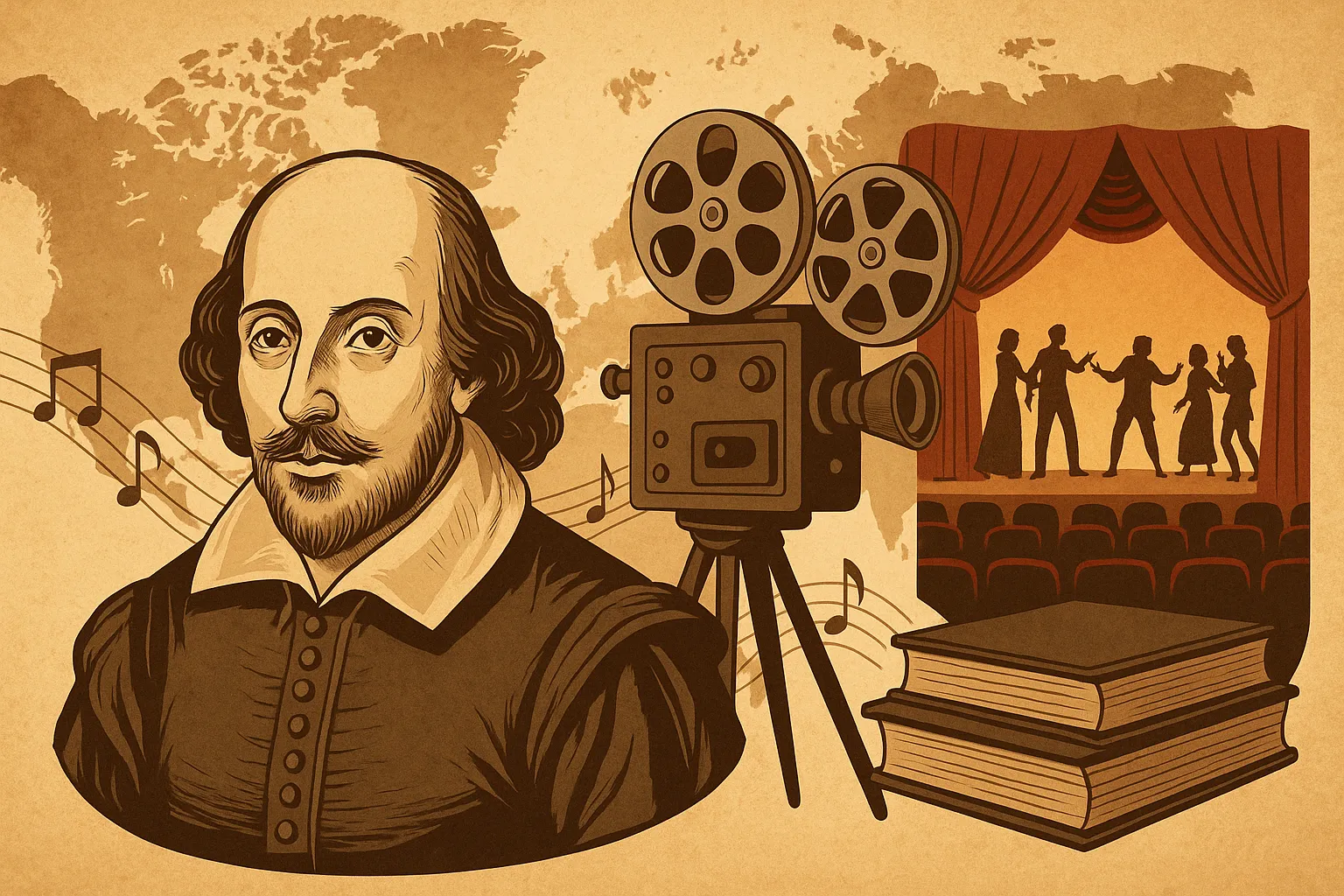
Shakespeare’s influence is seen across literature, theatre, cinema, music, politics, and education. His plays are constantly adapted worldwide, from Royal Shakespeare Company productions to modern film retellings like:
-
West Side Story (Romeo and Juliet)
-
The Lion King (Hamlet)
-
10 Things I Hate About You (The Taming of the Shrew)
Writers like Goethe, Tolstoy, Borges, and Joyce have praised or reinterpreted him. Shakespeare has become a universal cultural touchstone, a symbol of artistic achievement and intellectual depth.
William Shakespeare was not merely a playwright. He was a master of language, a visionary observer of humanity, and a creative force who changed the trajectory of world literature.
More than 400 years after his death, his voice continues to echo in classrooms, theatres, and bookshelves across the globe. Through tragedy and comedy, poetry and prose, Shakespeare reminds us what it means to love, to grieve, to question, and to dream.
In every soliloquy, in every stage whisper, the Bard lives on.

